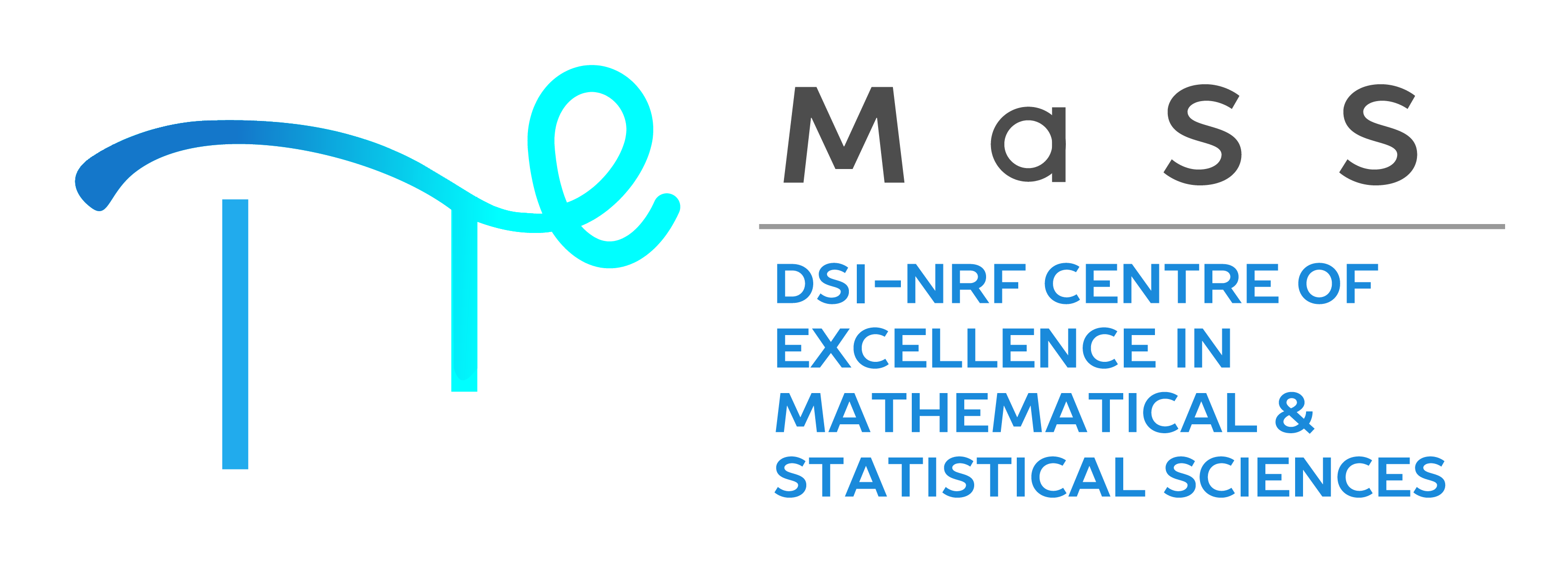Achieving mathematical maturity through mathematical
identity
Bridgette Makhosazana Simelane,
University of Pretoria
SAMS Subject Classification Number: 16
In the last few years, South African universities have been experiencing a significant drop in the mathematical skills of incoming students. The decrease in the number of students writing mathematics in Grade 12 and the decline in performance in the mathematics results have also been echoed by the Department of Basic Education for several years. This causes incoming students to experience problems when transitioning from school to university mathematics, hence a drop in the university throughput in science and mathematics-related fields. The issue of mathematics transition is global, as many countries internationally experience similar challenges and obstacles in the transition from school to university mathematics. The increasingly weaker mathematics background of university entrants and its consequences have been reported worldwide. Due to this reason, universities nationally and internationally introduced diagnostic tests as an initial assessment used to assess the basic mathematical knowledge and skills of incoming students.
There is no question that there is a distinctive breach between secondary school and university mathematics. One of the major difficulties experienced by universities is improving the mathematics skill base of the underprepared students entering tertiary education. However, universities cannot exonerate themselves from this crisis. This research aims to improve struggling students’ performances in mathematics at the first-year level by implementing strategies to bridge the gap between school and university mathematics. The goal will be achieved by developing a pragmatic intervention programme which will focus on components that are believed to develop students’ mathematical proficiency.


